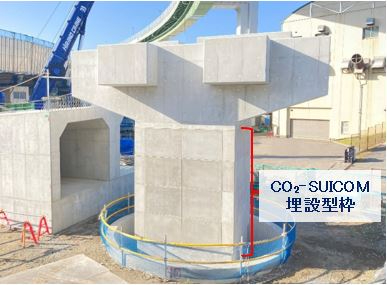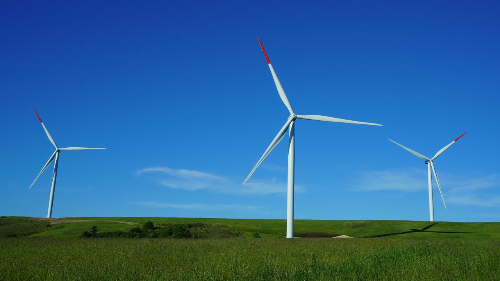宇宙空間では、役目を終えた人工衛星やロケット、その部品や破片など膨大な数のスペースデブリが回収・除去されないまま軌道上を漂っており、デブリ同士が衝突したり、新たな衛星が破壊されるなど、宇宙開発の安全性を脅かす問題となっている。
JAXAによれば、軌道上にあるスペースデブリの数は現在、10cm以上のものが約2万個、1mm以上では1億個にのぼる。低軌道ではデブリが秒速7~8kmで地球を周回しており、有人衛星や国際宇宙ステーション(ISS)と衝突すれば生命の危険にもつながる。

その対策として、JAXAはロケット上段や廃棄衛星などを対象にした世界初の大型デブリ回収実験に取り組んでいる。「商業デブリ除去実証」と呼ばれる同プログラムは、大型デブリの除去技術を実証するとともに、民間企業がデブリ除去をビジネスとして実施できる道筋をつけることが目標だ。アストロスケールはデブリへの接近技術を実証する「フェーズ1」のパートナー企業になっており、デブリの捕獲・除去をめざす「フェーズ2」についても、今年8月、パートナー企業の1社に選定された。
同プログラムで、アストロスケールは実証衛星「ADRAS-J」の設計・製造・運用などを担っており、今年度中の打ち上げが予定されている。同社は独自の事業としてデブリ除去技術実証衛星「ELSA-d」による模擬デブリへの誘導接近に成功しており、JAXAプログラムにおいてもこの技術や知見を活用している。

さらに、同社はELSA-dの実績を踏まえ、1回のミッションで複数のデブリを捕獲・除去できる「ELSA-M」の開発を米衛星通信会社OneWeb(米国)とのパートナシップで進めており、24年末までに軌道上の実証実験を行う予定だ。

アストロスケールはデブリ除去に積極的な英国宇宙庁との連携も広げている。2026年までに英国の衛星2機を除去する計画で、今年9月、同社の英国法人が英国宇宙庁から追加の開発資金170万ポンドを獲得した。同法人では、同国オックスフォードシャー州に衛星の製造と運用の施設を建設、このほど稼働を開始した。
同社日本法人の代表取締役を務める伊藤美樹さんはJ-Storiesの取材に対し、「デブリ除去や宇宙の持続可能性(スペースサステナビリティ)の実現に貢献できるのが軌道上のサービス。2030年までに軌道上サービスを日常的な基盤インフラサービスにすべく開発や実証を進めていきたい」としている。
記事:嵯峨崎文香 編集:北松克朗
トップ写真:goinyk/Envato
この記事に関するお問い合わせは、jstories@pacificbridge.jp にお寄せください。
***
***
本記事の英語版は、こちらからご覧になれます。




![[PODCAST] 日本新科技助攻不孕症治療(Part4)](https://storage.googleapis.com/jstories-cms.appspot.com/images/1768443226894unnamed-5_smallthumbnail.jpg)







![[PODCAST] 日本新科技助攻不孕症治療(Part4)](https://storage.googleapis.com/jstories-cms.appspot.com/images/1768443226894unnamed-5_bigthumbnail.jpg)







![[PODCAST] 如何打造成功的新創企業社群(第2集)](https://storage.googleapis.com/jstories-cms.appspot.com/images/1748493203370business-man-holding-light-bulb-social-network-2024-10-31-22-37-36-utc_smallthumbnail.jpg)


